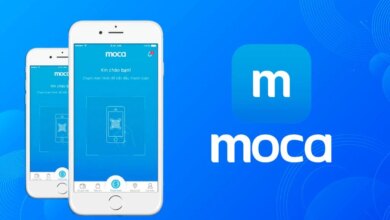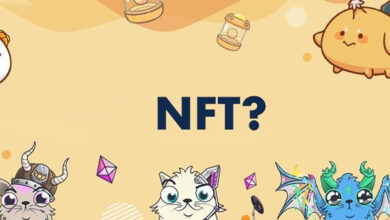ARK ARK Price
What Is ARK?
ARK is a cryptocurrency and blockchain-based development platform allowing anyone to create their own fully customizable and interoperable blockchain. Reducing the industries need for Smart Contracts by using custom transactions, logic, and multiple programming languages. ARK was founded in mid-2016, running an ICO later that year which raised $800k. The team claims that sound financial planning has allowed ARK to become a well-funded entity since its inception. On March 21, 2017, the ARK Public Network went live, hosting the native ARK crypto asset. The ARK business entity, ARK ECOSYSTEM SCIC, was formed shortly thereafter. The business entity is commonly referred to as ‘ARK.io’ which is part of the team’s branding and website.
The ARK Ecosystem consists of an open-source blockchain technology stack authored in TypeScript programming language.
- ARK’s public network acts as a live implementation of ARK technology
- Node operators act as delegates on the network-
- Standalone blockchains run on ARK technology with independent node operators
- A business entity that develops products powered by ARK and assists in maintaining the code base
- An enterprise division driving adoption
- A community of users, developers and service providers.
The ARK Public Network supports special transaction types such as multipayment, multisignature, various registration transactions, and IPFS hash transactions. ARK’s Deployer product allows customizable interoperable blockchain creation using a graphical user interface. This plug and play creation method allows developers to utilize ARK’s consensus model, technology stack, product line, and custom transactions.
What Is ARK Trying To Solve?
ARK aims to solve the difficulty of working with blockchain technology and developing solutions that satisfy various use cases. The ARK Core Framework is designed to give developers easier access to blockchain technology. This framework consists of the ARK Core, which acts as the backbone of an ARK-based network, handling peer-to-peer operations, ledger database management, API access, custom business logic, and more. Within the ARK Core Framework is the Generic Transaction Interface (GTI), which enables developers to create custom transaction types that run on a customized blockchain and fulfill the developer’s desired use case. The concept is similar to building a decentralized application in Solidity. However, there is no complex new language to learn as the GTI functions in TypeScript. Lastly, the decentralized ARK-based application and any related crypto assets would run on a sovereign interoperable blockchain to address scaling concerns.
How Do You Mine Or Stake ARK?
You cannot mine ARK via PoW. ARK is forged by elected delegates that run the network. ARK runs on a custom-designed Delegated Proof-of-Stake blockchain with 51 forging delegate slots and eight-second block times. Each forged block creates 2 ARK which is sent to the validating/forging delegate for its work. Delegates are elected by ARK token holders. The token holders voting power is locked at 1 ARK = 1 Vote, as users cannot vote for more than one delegate with a given wallet address. This addresses concerns with centralization and power groups that have plagued DPoS in the past. Potential forging delegates can run instances of the ARK Core and campaign for forging status by gathering vote weight from token holders. Users who wish to place their delegate into one of the top 51 slots execute a special vote transaction using the ARK Desktop or ARK Mobile wallets, assigning vote weight to the delegate. ARK used in voting is not locked and can freely exit and enter the voting wallet address at any time. The staking rewards system is handled by the delegates themselves and each delegate’s reward system is completely unique to each. The ARK team does not run the ARK public network.





